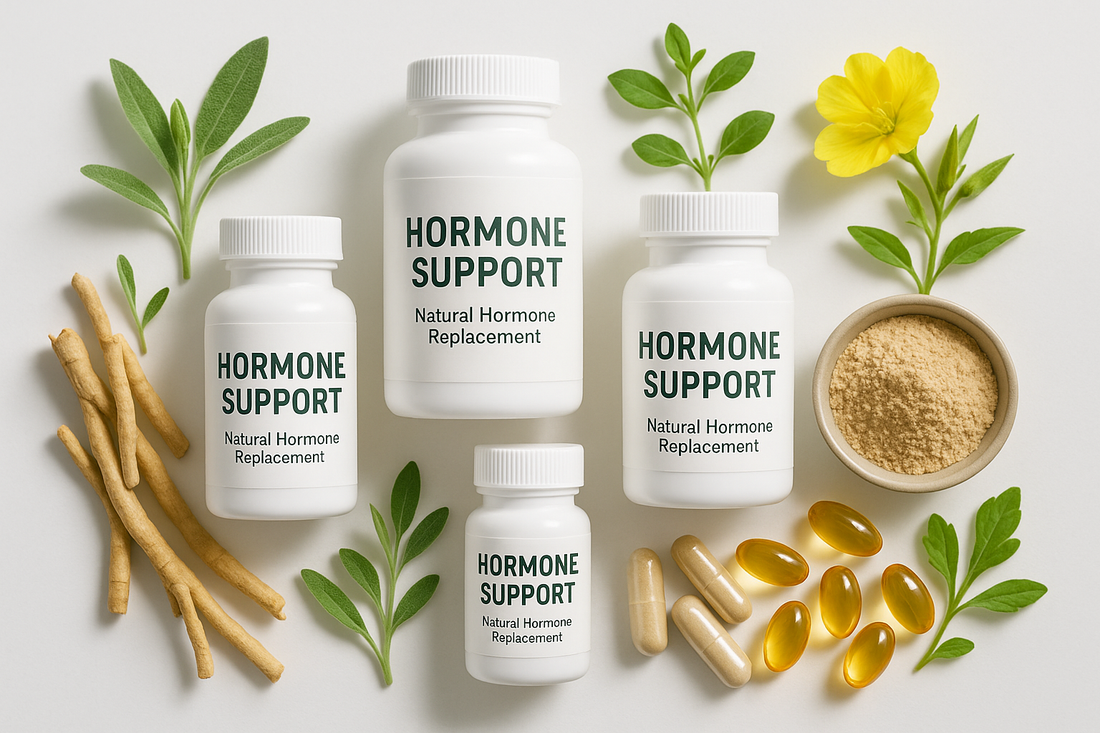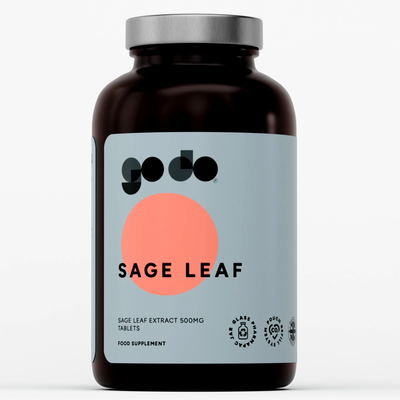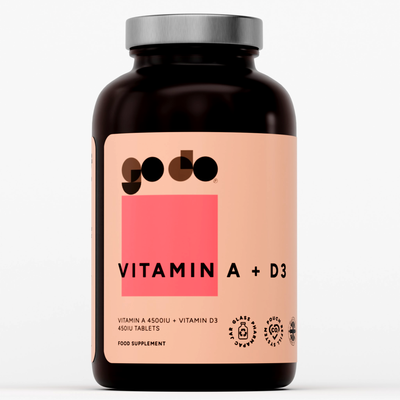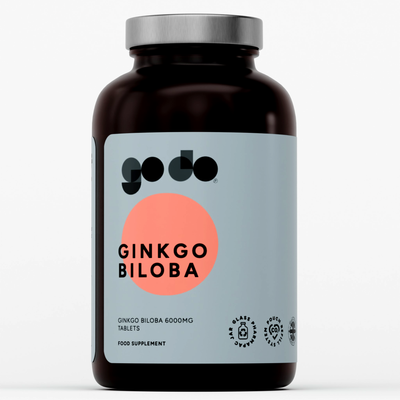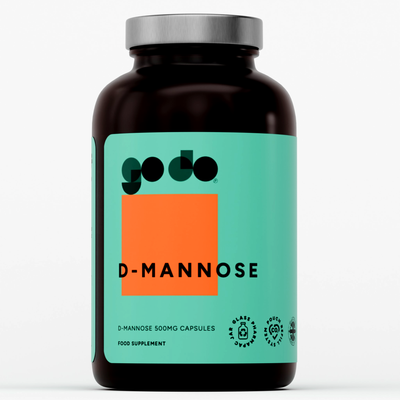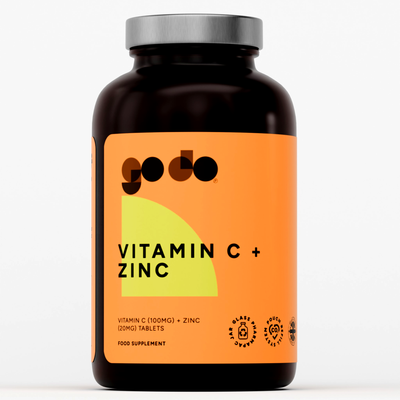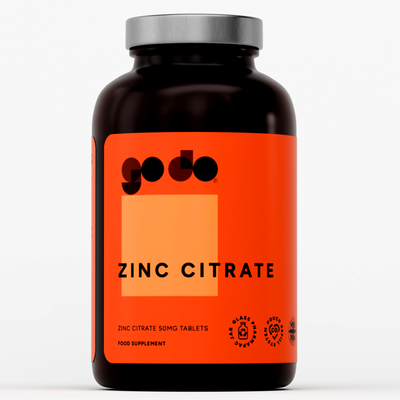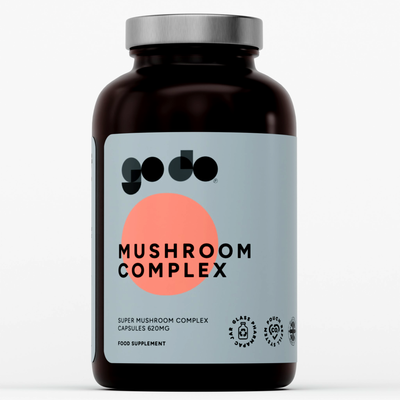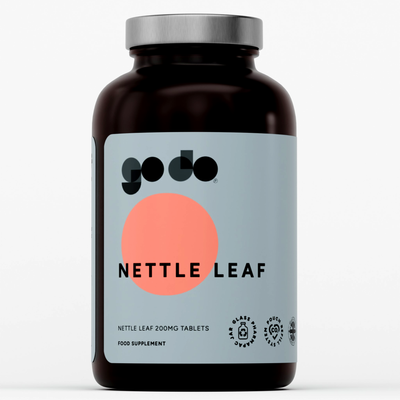an alternative approach to managing hormonal imbalances, particularly during menopause, perimenopause, and other hormonal transitions. These plant-based and bioidentical options can provide meaningful relief from hormonal symptoms while often carrying fewer risks than conventional synthetic hormone therapy. Understanding the science, options, and proper implementation of natural HRT supplements helps you make informed decisions about hormonal health support.
Understanding Natural Hormone Replacement Options
Natural hormone replacement encompasses two main categories: bioidentical hormones derived from plant sources and phytoestrogenic compounds that provide mild hormone-like effects. Both approaches aim to restore hormonal balance using substances that more closely mimic the body's natural hormones compared to synthetic alternatives.
Bioidentical hormones are molecularly identical to hormones produced by the human body but are synthesized from plant precursors, typically wild yam or soy. These include bioidentical estradiol, progesterone, and testosterone that can be compounded into various delivery forms including creams, gels, patches, and oral preparations.
Phytoestrogens are plant compounds that can bind to estrogen receptors and provide mild estrogenic effects. While much weaker than human estrogen, these compounds can help modulate hormone activity and provide symptom relief, particularly during menopause when natural estrogen levels decline.
The advantage of natural approaches often lies in their gentler effects and potentially lower risk profiles compared to synthetic hormones. However, "natural" doesn't automatically mean safer, and proper evaluation and monitoring remain important for optimal results and safety.

Bioidentical Progesterone: The Calming Hormone
Bioidentical progesterone is one of the most widely used and well-researched natural hormone supplements, offering benefits for sleep, mood, and overall hormonal balance.
Micronized progesterone, available both by prescription and as over-the-counter supplements, is identical to the progesterone produced by the ovaries. This form is well-absorbed and can provide significant relief from symptoms of progesterone deficiency including insomnia, anxiety, irregular cycles, and PMS symptoms.
Progesterone cream allows for topical application that bypasses the digestive system, potentially providing more consistent hormone levels. Typical doses range from 20-40mg daily, applied to areas with thin skin like inner arms or wrists. The timing of application often follows natural hormonal rhythms, with higher doses used during the luteal phase of the menstrual cycle.
The calming effects of progesterone make it particularly beneficial for sleep issues and anxiety related to hormonal fluctuations. Progesterone enhances GABA activity in the brain, promoting relaxation and better sleep quality. Many women find that progesterone supplementation significantly improves sleep within days of starting treatment.
Progesterone's role in balancing estrogen makes it valuable even for women with adequate estrogen levels but relative progesterone deficiency. This condition, sometimes called estrogen dominance, can cause symptoms even when estrogen levels are normal, making progesterone supplementation particularly effective.
Safety considerations for progesterone include potential drowsiness, especially when starting treatment, and possible interactions with certain medications. Starting with lower doses and gradually increasing helps minimize side effects while allowing assessment of individual response.

Phytoestrogens: Plant-Based Estrogen Support
Phytoestrogens provide a gentler approach to estrogen support, offering hormone-like effects without the potency or potential risks of direct hormone replacement.
Soy isoflavones, including genistein and daidzein, are among the most studied phytoestrogens for menopausal symptom relief. These compounds can bind to estrogen receptors and provide mild estrogenic effects that may help reduce hot flashes, improve bone density, and support cardiovascular health. Typical doses range from 40-80mg of isoflavones daily, though individual responses vary significantly based on gut bacteria and genetic factors affecting isoflavone metabolism.
Red clover isoflavones contain four main compounds (genistein, daidzein, formononetin, and biochanin A) that work together to provide estrogenic support. Some studies suggest red clover may be more effective than soy for certain menopausal symptoms, with typical doses of 40-80mg daily showing benefits in clinical trials.
Flax lignans are converted by gut bacteria into enterolignans, which have both estrogenic and anti-estrogenic effects depending on the body's estrogen status. Ground flaxseeds providing 1-2 tablespoons daily or lignan supplements providing 100-300mg daily can help modulate estrogen activity and support hormonal balance.
Black cohosh, while not technically a phytoestrogen, affects estrogen receptors and has extensive research supporting its use for menopausal symptoms. Standardized extracts providing 20-40mg daily have shown effectiveness comparable to low-dose hormone therapy for some women, particularly for hot flashes and mood symptoms.
The advantage of phytoestrogens lies in their selective estrogen receptor modulation, potentially providing benefits where estrogen is needed while avoiding overstimulation where estrogen levels are adequate. However, their effectiveness varies significantly between individuals based on genetic factors and gut microbiome composition.
Bioidentical Estrogen Options
For women who need more direct estrogen support, bioidentical estrogen preparations offer alternatives to synthetic hormones with potentially better tolerability and safety profiles.
Bioidentical estradiol, available in various forms including patches, gels, and oral preparations, provides the most potent form of estrogen replacement. Transdermal delivery methods often provide more stable hormone levels and may carry lower risks for blood clots compared to oral preparations.
Estriol, a weaker form of estrogen that's the predominant estrogen during pregnancy, offers gentler estrogen support that may be appropriate for women who need estrogen replacement but want to minimize risks. Estriol cream, often compounded with progesterone, can provide localized benefits for vaginal and urinary symptoms while potentially having less systemic effects.
Bi-est and tri-est are compounded combinations of different estrogens designed to more closely mimic the body's natural estrogen production. These preparations typically contain primarily estriol with smaller amounts of estradiol and sometimes estrone, providing a more physiological hormone profile.
The timing and cycling of bioidentical estrogens can be customized to individual needs and preferences. Some women benefit from continuous dosing, while others prefer cyclical approaches that mimic natural hormonal rhythms. Working with knowledgeable practitioners helps optimize dosing and timing for individual circumstances.
Monitoring becomes particularly important with bioidentical estrogen use, as these are potent hormones that can affect multiple body systems. Regular assessment of symptoms, hormone levels, and potential side effects helps ensure safe and effective treatment.

Adaptogenic Herbs for Hormonal Balance
Adaptogenic herbs work by supporting the body's stress response systems and can help balance hormones indirectly by supporting adrenal function and overall hormonal communication.
Ashwagandha has demonstrated significant benefits for stress-related hormonal imbalances, helping to reduce cortisol levels while supporting thyroid function and reproductive hormones. Studies show that 300-600mg daily of standardized ashwagandha extract can help reduce stress symptoms while improving energy and hormonal balance.
Rhodiola rosea supports adrenal function and helps the body better cope with stress, which can indirectly improve hormonal balance by reducing the stress hormone interference with reproductive hormones. Typical doses of 200-400mg daily of standardized extract have shown benefits for stress management and energy levels.
Maca root has been traditionally used for hormonal balance and energy, with some studies suggesting benefits for menopausal symptoms and libido. Maca doesn't contain hormones itself but may help balance hormone production through effects on the hypothalamic-pituitary axis. Doses of 1.5-3 grams daily have been used in studies showing benefits for menopausal symptoms.
Holy basil (tulsi) helps regulate cortisol levels and supports overall stress adaptation, which can indirectly benefit hormonal balance. The stress-reducing effects of holy basil may be particularly beneficial for women whose hormonal symptoms are worsened by chronic stress.
Schisandra berry supports liver function and stress adaptation, helping the body process and eliminate hormones more effectively while supporting overall hormonal balance. The liver-supporting effects may be particularly beneficial for women with estrogen metabolism issues.

Supporting Nutrients for Hormone Production
Various vitamins, minerals, and other nutrients play crucial roles in hormone production and metabolism, making targeted supplementation valuable for comprehensive hormonal support.
Vitamin D functions more like a hormone than a vitamin and is crucial for overall hormonal health. Deficiency is common and can affect mood, bone health, and immune function. Maintaining optimal levels (40-60 ng/mL) through supplementation of 2000-4000 IU daily supports overall hormonal balance.
B-complex vitamins are essential for hormone production and metabolism, with B6 being particularly important for progesterone production and B12 for overall energy and nervous system function. Stress and hormonal fluctuations can increase B vitamin needs, making comprehensive B-complex supplementation beneficial.
Magnesium supports muscle relaxation, sleep quality, and stress management while also playing roles in hormone production. Many women are deficient in magnesium, and supplementation with 200-400mg daily can help with sleep, mood, and muscle tension related to hormonal fluctuations.
Omega-3 fatty acids provide anti-inflammatory support and are building blocks for hormone production. EPA and DHA from fish oil or algae oil can help reduce inflammation and support overall hormonal health, with doses of 1-2 grams daily showing benefits.
Zinc is crucial for hormone production and immune function, with deficiency being relatively common, particularly in women with heavy menstrual periods. Zinc supplementation of 15-30mg daily can support hormone production and immune health.
Delivery Methods and Optimization
The method of hormone delivery significantly affects absorption, effectiveness, and side effects, making the choice of delivery system important for optimal results.
Topical creams and gels allow for direct absorption through the skin, bypassing the digestive system and potentially providing more stable hormone levels. This method may be particularly beneficial for progesterone and estrogen, as it avoids first-pass liver metabolism that can reduce effectiveness and increase side effects.
Sublingual preparations dissolve under the tongue for rapid absorption directly into the bloodstream. This method works well for progesterone and some other hormones, providing relatively quick effects while avoiding digestive system processing.
Oral supplements are convenient and familiar but must be processed through the digestive system and liver, which can affect absorption and effectiveness. Some nutrients and herbs work well orally, while hormones may be less effective due to metabolism during absorption.
Suppository forms allow for absorption through mucous membranes and can be particularly effective for localized symptoms. Vaginal progesterone suppositories, for example, can provide both systemic effects and direct benefits for vaginal and urinary symptoms.
Timing of administration affects effectiveness, with some hormones working best when taken to mimic natural rhythms. Progesterone often works best when taken in the evening due to its calming effects, while some other supplements may be more effective when taken in the morning.

Personalized Protocols and Testing
Effective natural hormone replacement requires individualized approaches based on specific symptoms, hormone levels, and individual responses to different interventions.
Hormone testing helps establish baseline levels and guide supplement selection. Saliva testing may be preferred for bioidentical hormones as it measures free hormone levels, while blood testing provides information about total hormone levels and other health markers.
Symptom tracking provides valuable information about treatment effectiveness and helps guide adjustments. Monitoring sleep quality, mood, energy levels, hot flashes, and other symptoms helps assess whether chosen interventions are providing desired benefits.
Genetic testing for hormone metabolism can provide insights into individual responses to different types of hormone support. For example, genetic variations affecting estrogen metabolism may influence whether someone responds better to different types of estrogen support or needs additional liver support.
Starting protocols typically begin with foundational support including stress management, nutrition optimization, and gentle interventions before adding more potent hormone supplements. This approach helps identify which level of intervention is needed and minimizes the risk of over-treatment.
Adjustment periods are normal and expected, as hormone balance often takes time to achieve and may require several rounds of modification to find optimal approaches. Working with knowledgeable practitioners helps navigate this process safely and effectively.
Safety Considerations and Monitoring
While natural hormone supplements are often safer than synthetic alternatives, proper safety considerations and monitoring remain important for optimal outcomes.
Contraindications for hormone supplementation include certain types of cancer, blood clotting disorders, liver disease, and other conditions where hormone exposure could be harmful. Even natural hormones can affect these conditions, making proper screening important before beginning treatment.
Drug interactions can occur between natural hormone supplements and prescription medications. Birth control pills, blood thinners, diabetes medications, and other drugs may be affected by hormone supplementation, requiring careful coordination with healthcare providers.
Side effects from natural hormone supplements are generally milder than those from synthetic hormones but can still occur. Common side effects may include breast tenderness, mood changes, headaches, or digestive upset, depending on the specific supplements used.
Regular monitoring helps ensure safety and effectiveness while allowing for necessary adjustments. This may include periodic hormone testing, symptom assessment, and evaluation for any side effects or changes in health status.
Duration of treatment varies significantly based on individual needs and circumstances. Some women may need hormone support for a few years during menopause transition, while others may benefit from longer-term support. Regular reassessment helps determine appropriate treatment duration.
Integration with Lifestyle Approaches
Natural hormone supplements work best when integrated with comprehensive lifestyle approaches that support overall hormonal health.
Stress management is crucial for hormonal balance, as chronic stress can interfere with hormone production and effectiveness of supplementation. Techniques including meditation, yoga, regular exercise, and adequate sleep support the effectiveness of natural hormone treatments.
Nutrition optimization provides the foundation for hormone production and metabolism. Eating adequate protein, healthy fats, and nutrient-dense foods while avoiding processed foods and excess sugar supports natural hormone balance and supplement effectiveness.
Exercise supports hormonal health through multiple mechanisms including stress reduction, improved circulation, and maintenance of healthy body weight. Both cardiovascular exercise and strength training can benefit hormonal balance, though excessive exercise can sometimes worsen hormonal imbalances.
Sleep quality affects hormone production and balance, making sleep optimization an important component of natural hormone support. Many natural hormone supplements also support better sleep, creating positive cycles of improvement.
Toxin reduction helps minimize endocrine-disrupting chemicals that can interfere with natural hormone function. Choosing organic foods when possible, using natural personal care products, and reducing exposure to plastics and other chemicals supports hormonal health.
Cost Considerations and Access
Natural hormone supplements vary significantly in cost and accessibility, making it important to understand options for different budgets and circumstances.
Over-the-counter supplements are generally more accessible and less expensive than prescription bioidentical hormones, though they may be less potent or precise. High-quality phytoestrogen supplements and progesterone creams are available without prescription from reputable manufacturers.
Compounded bioidentical hormones require prescriptions and are typically more expensive than over-the-counter options, but they can be customized to individual needs and provide more precise dosing. Insurance coverage for compounded hormones varies significantly.
Quality considerations are particularly important for natural hormone supplements, as potency and purity can vary significantly between manufacturers. Looking for third-party testing, good manufacturing practices, and reputable companies helps ensure quality and effectiveness.
Professional guidance may be valuable for optimizing natural hormone protocols, particularly for complex cases or when using bioidentical hormones. Naturopathic doctors, integrative physicians, and specialized nurse practitioners often have expertise in natural hormone approaches.
Natural HRT supplements offer valuable options for supporting hormonal health during various life transitions, particularly menopause and perimenopause. The key to success lies in understanding individual needs, choosing appropriate interventions, and implementing them safely with proper monitoring. While natural approaches often have fewer risks than synthetic hormones, they still require careful consideration and often professional guidance for optimal results. By combining targeted supplementation with lifestyle optimization and appropriate monitoring, many women find significant relief from hormonal symptoms while supporting long-term health and well-being.
